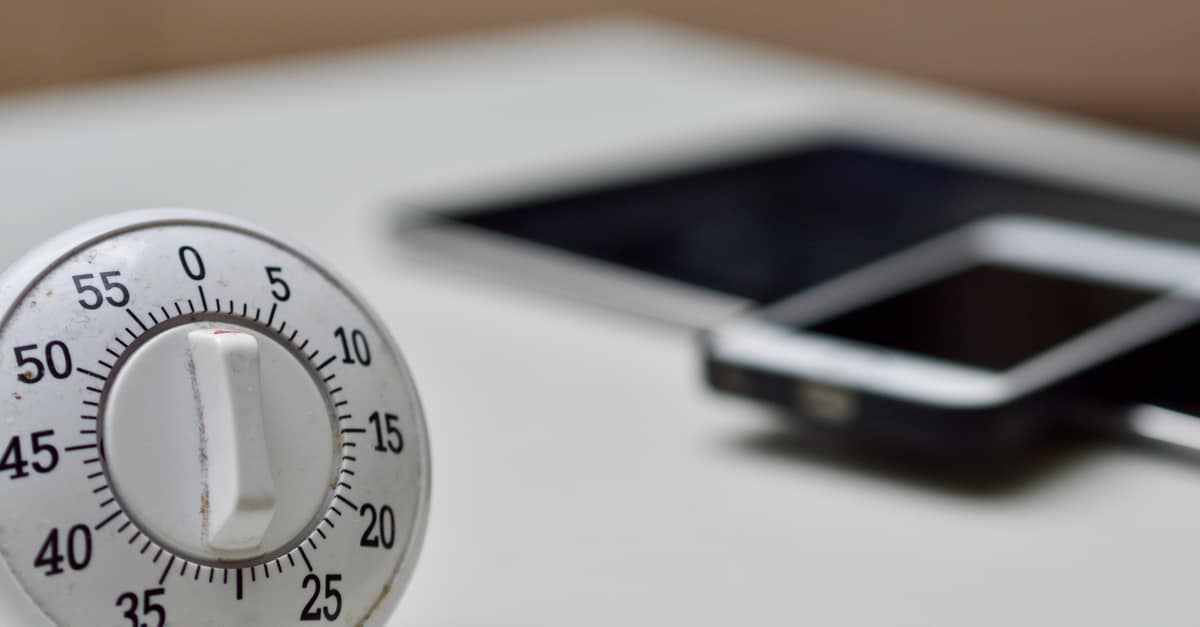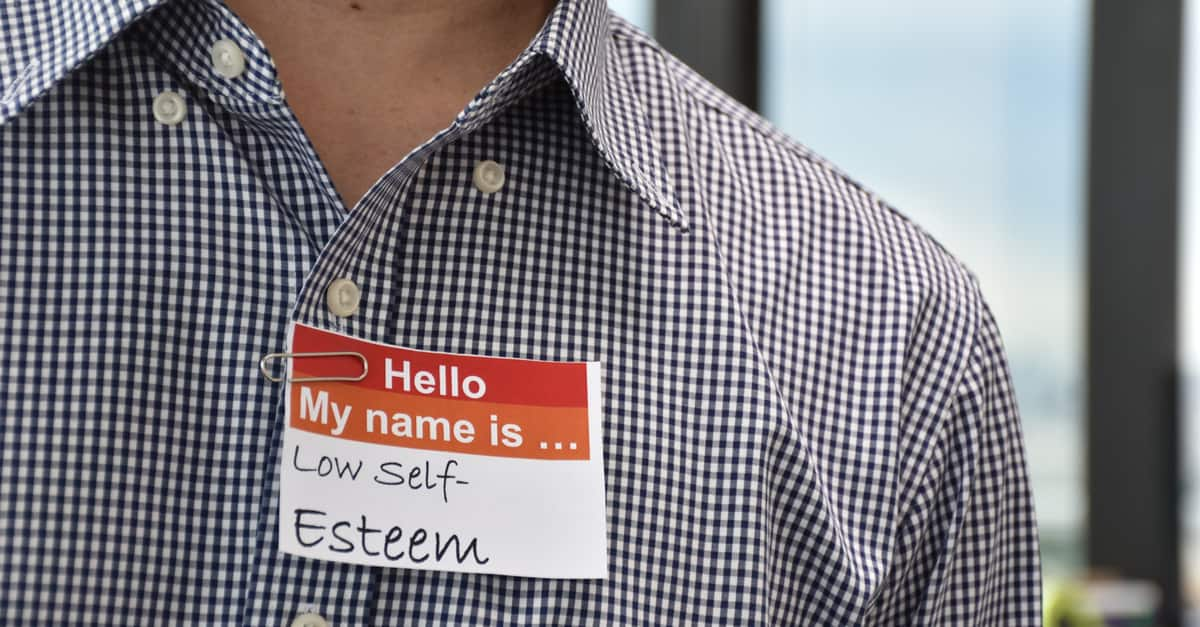What is Nomophobia?

Nowadays, mobile phones, tablets, and computers are indeed part of our daily lives, but the problem begins when we cannot be without them. This creates a dependency; this is now called nomophobia (no- mobile-phone-phobia), a pathological fear leading to withdrawal.
According to different studies, a person spends almost three hours a day using their mobile phone, and two out of three adults suffer from chronic sleep deprivation due to the use of electronic devices. This reaches such magnitude that experts have named the behavioral disorders that these addictions can generate, as well as nomophobia.
All this can become something pathological and affect our personal, work, and emotional environment. But the primary concern of experts and families is focused on adolescents. These digital natives, who were born with their cell phones “under their arms,” cannot imagine life without these devices and the fact of not being connected to social networks. Not being able to chat with their friends can create anxiety and fear of being disconnected from their social circle.
There are already rehabilitation clinics for people with addiction to their smartphones, internet, or video games in different countries. Although the term addiction has always been associated with chemicals, it appears that behavioral addictions generate responses in the brain that are very similar to narcotic substances.
Symptoms of Nomophobia

Technology addiction has no age, although we can say that adolescents are a more vulnerable sector of the population. And likewise, education in the use of new technologies is essential when it comes to preventing risk situations. Most teenagers and young people have been affected by technology, but the symptoms of nomophobia can appear in adults as well. These are some symptoms that it presents:
- Every few minutes, we have the reflex to pick up the mobile phone and check notifications
- We browse a page or a social network for a long time and several times in a row
- When we do not have a mobile phone, tablet, or PC at hand, we feel anguish or nervousness
- In the case of video games, we dedicate more than 3-4 hours a day and hardly leave home weekly
- Even with the phone turned off, we have the urge to seize it repeatedly
On the other hand, there are scientific opinions that recommend technology for its ability to improve the perception functions of our brain. The area of the brain that “maps” thumb control has been seen to have expanded in young people who make daily use of mobile technologies.
Effectively they use most of the brain to control their fingers. It has been shown, through various studies in young people accustomed to the frequent use of mobile technologies, the area of the brain responsible for controlling the movements of the thumbs has been significantly expanded.
However, outside of the benefits that technology offers us, it is most often used to consult social networks. This is already a problem since social networks’ design is to hook the people who use them, causing stimuli in their brains similar to those caused by drugs.
How Do We Educate and Prevent?

- The use of parental control tools in the ICT field won’t be needed if we educate and decide as adults to give the child the opportunity, we should have full confidence, but it’s important to educate.
- Behavioral goals with ourselves. Regulating the behavior before the use of technologies and thinking about the consequences of non-compliance. It is a clear way to be complicit in the process, hold us accountable, and commit.
- Healthy habits that are incompatible with the use of technologies, such as going to the movies or reading.
- Limit computer use and set out what to do while online.
- Placing the computer in a common area of the house. An interesting option not so much for the ease of “control” of what we do, but because it does not lead to isolation.
- Freeing up the space of technologies in moments of family reunion such as meal times. It is a simple but significant gesture.
Can a Person Who has Nomophobia Be Treated?

It is possible for a person suffering nomophobia to be treated, and the key is to find out what the cause is. Usually, behind addictions are problems of low self-esteem or personal deficiencies, the famous “iceberg effect.” Unlike other addictions, this does not leave a psychological mark for life and can be overcome more easily.
Currently, there are already clinics that attend to these cases, and it is best to consult a professional if you feel that you suffer from technology addiction. You must ask yourself about the use you are giving it, the length of time you spend, and has using your cell phone or other technologies significantly changed your habits and priorities.
Bottom Line
Technologies with tools that allow us to relate more easily and that are great for entertaining us, but we cannot let them control our lives. If we feel any symptoms that alert us that we may suffer from nomophobia, we must go to the psychologist. The use of mobile phones, computers, or other devices can lead to health problems such as vision loss, back or headaches, and even psychological issues such as anger or depression
